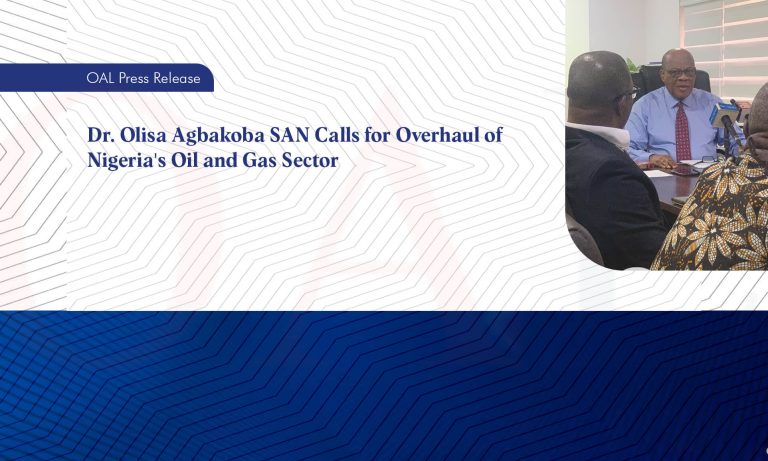
Written Contracts 101 – Benefits and Tips to Write Better in 2023

In today’s global corporate environment, there is hardly any business industry today you can find which does not require written or documented contracts.
Written contracts guide the legal expectations and status of businesses or professional relationships and engagements between parties. It is essential for individuals and business enterprises to always enter and execute contracts with other parties to ensure their relationship has legal validity. In this context, Contracts are the commercial documents required to build solid and long-lasting commercial and business relationships. If contracts are properly drafted and relationships between the parties are cordial, the agreed engagement will go smoothly.
A well-drafted contract significantly reduces the economic exposure or liability incurred by the parties, whereas a poorly drafted agreement could put a party at risk of losing millions in the form of payment of damages, loss of reputation and so on.
Well-drafted contracts safeguard the legal, professional, and commercial interests of businesses, companies, etc. Generally, a well-drafted contract should be objective as well as protect the interest of the party it represents.
Some key advantages that well-drafted contracts provide include:
- Build relationships: Good contracts help organisations build business and professional relationships and networks. Most importantly, the negotiation stage of contracts will give a sense of the thoughtfulness of different parties’ traits, expectations, and business trajectories.
- Clarity: Good communication is key. Contracts help parties capture the purpose of their relationships with respective rights, duties, responsibilities, and obligations. Contracts clearly state the ‘’what is’’ and ‘’what is not’’ applicable in the arrangement so that none of the parties will reasonably or unreasonably assume any term not stated nor agreed upon during the negotiation stage or afterwards by the parties.
- Better Management: With written contracts between the parties, it is possible to better manage the expectations of the parties out of their relationship in real-time. When expectations are rightly balanced and met in a commercial relationship, the output will be fruitful for all stakeholders.
- Bespoke Customisation: With the assistance of contract lawyers, companies can procure tailor-made contracts suitable to their business or professional relationships or compatible with the requirements of specific industries. Each industry has its specific requirements, such requirements will be appropriately covered in a well-drafted contract.
- Enhance Operational Performance: A well-drafted contract helps companies in reducing disparities involved in the legal and business operations of the company and significantly enhances operational performance and productivity, which is key to sustaining any business in the long run.
- Reduce Risk of Conflict: A well-drafted contract balances various legal, economic and business interests of the parties appropriately – this reduces the probability of conflict of interest. Eluding the prospect of conflict of interest means parties are saved from the embarrassment of facing litigation or other similar proceedings and the consequences of paying millions in damages.
- Dispute Resolution Process: Any company will prefer to avoid conflict of interests with other parties as any conflict of interest could push parties into disputes and force parties into litigation. However, in some cases, it is highly improbable for the parties to avoid any conflict of interest as a result, the parties will end up being in dispute. In such a case, a well-drafted contract lays down the process to resolve any dispute via any agreed alternative dispute resolution process and avoids chaos around the process that needs to be followed to resolve the dispute at hand.
Tips for Better Drafting in 2023
A Well-drafted contract is a key instrument to enjoy the advantages of the contracts for the overall benefit of the business. Following are some tips for drafting a contract:
1) Use a Suitable Template: Selecting a contract template that is suitable to the legal and business requirements of the company is the first key step to drafting a contract to balance the interests of the parties.
2) State all Mutually Agreed Terms: Before the actual contract drafting process, it is advisable to list out all the mutually agreed terms and conditions for clarification and reference. The contract is simply an outline of the mutually agreed terms and conditions of parties before the actual drafting of the contract for execution, thus the content of the contract must capture the agreed terms.
3) Client Requirements: Every contract must be designed to meet the requirements of the clients concerning other parties. The Legal team of a client must make sure that they know the client’s requirements and understand the implications of turning blind eye to any of the client’s requirements no matter how secondary.
4) Client Education: The client should also be educated about the agreed terms, conditions and the implications of any breach of the contract. The client should be enlightened on the steps, process of drafting and executing the contract.
5) Clearly Define the Scope of Work: Defining the scope and purpose of the contract in clear terms is very crucial and any sort of confusion or negligence in clearly defining the scope and purpose of the contract could have its implications and could expose parties to legal and economic implications.
7) Housekeeping: Performing housing keeping is equally important to draft a well-written and balanced contract. This process may include checking the accuracy of details like names, dates and numbers, formatting, section or clause numbering, use of conjunctions and interjections, general proofreading, etc. The contract should be well arranged and attractive for all parties and stakeholders involved.
8) Valid Execution: It is crucial to ensure that for an executed contract to be legally valid and binding on the parties, it is executed by the appropriate parties, for example, contracts on behalf of companies should be executed by the director and (or) secretary.
In summary, it is essential in the modern commercial world that as the need for contracts continues to grow due to the expansion of the scope of business and transactions, more caution and focus is placed on protecting the interests of clients and the business relationship with other parties and this can be achieved by a well-drafted binding contract.
[maxbutton id=”1″ url=”https://oal.law/data/uploads/2023/02/Written-Contracts-101-–-Benefits-and-Tips-to-Write-Better-in-2023.pdf” text=”Download Article” ]
Author



